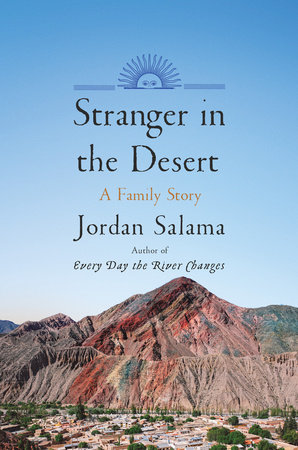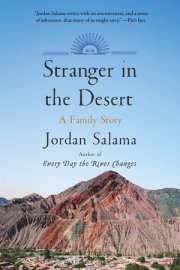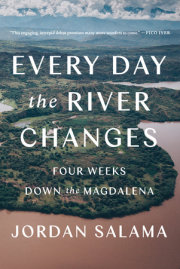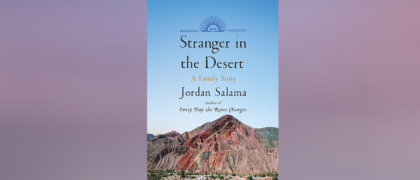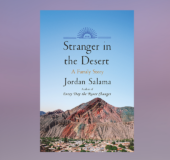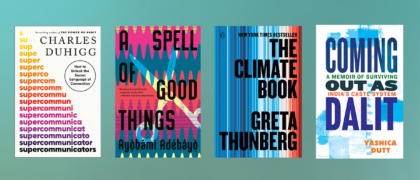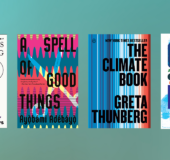“Kan ya makan…” It happened, or it didn’t happen; it was so, or it wasn’t so. The Arabic phrase for “once upon a time” always means a story is coming. What follows can be as grand as a tale from One Thousand and One Nights—the legendary Middle Eastern collection of fables in which the vizier’s daughter Scheherazade tells stories in order to save herself from being killed—or as ordinary as a family legend told across the kitchen table.
With kan ya makan, on my mother’s side of the family, stories have been passed down for many generations. My maternal grandmother, Mama Fortunée—whose Arabic name, Mas’ouda, meant the same good fortune as it did in French—said kan ya makan in America before launching into age-old Iraqi children’s rhymes, such as that of the bald-headed Jew bullied in the souq, or the beetle who wore makeup and red lipstick. So, too, did her great-grandmother before her—Jummah, a woman so ancient that it was said she needed three able-bodied men to help her walk across a room. On winter nights in Baghdad, Jummah would summon her great-grandchildren into a large bed heated by a charcoal brazier under the covers to tell them stories of mischief and great adventure in the cradle of civilization. The terrifying legend of the jinni that haunted the courtyard mikveh, the Jewish ritual bath; the epics of Abu Zayd al-Hilali, whose exploits of war and conquest as a tribal leader in the Arabian desert made him a legendary hero of the pre-Islamic era. Jummah also told the story of her very own husband, Eliahou Rouben, one of the wealthiest Jewish merchants in Baghdad. My ancestor began his career as a peddler who carried a sack over his shoulder and fended off thieves in the city streets. Eventually Eliahou Rouben built a trading empire—caravans of a thousand camels that plied the Silk Road—and would proudly display his battle scars from the early days as a measure of how far he’d come. But Eliahou Rouben’s only son, from a prior marriage, was deemed unworthy of his father’s wealthy inheritance for he had been born with six fingers on one hand. The legal battle that ensued after Eliahou Rouben’s death exhausted the family fortune, forcing them to start anew, as they had had to do many times before.
The act of telling these stories from one generation to the next helped to reinforce the idea that we were part of something larger than ourselves: that we had an identity that was worth preserving. Even though no one lived in Iraq anymore, we were still Iraqi Jews. We knew why we ululated at bar mitzvahs and why we hung amulets with garlic around newborns to ward off the evil eye. We knew why, at the end of Passover, we hit each other with green branches to usher in a new and bountiful spring. We knew why we spoke Arabic—though here I use the proverbial “we,” because, truth be told, for a long time kan ya makan were just about the only words in Arabic I knew.
Copyright © 2024 by Jordan Salama. All rights reserved. No part of this excerpt may be reproduced or reprinted without permission in writing from the publisher.


